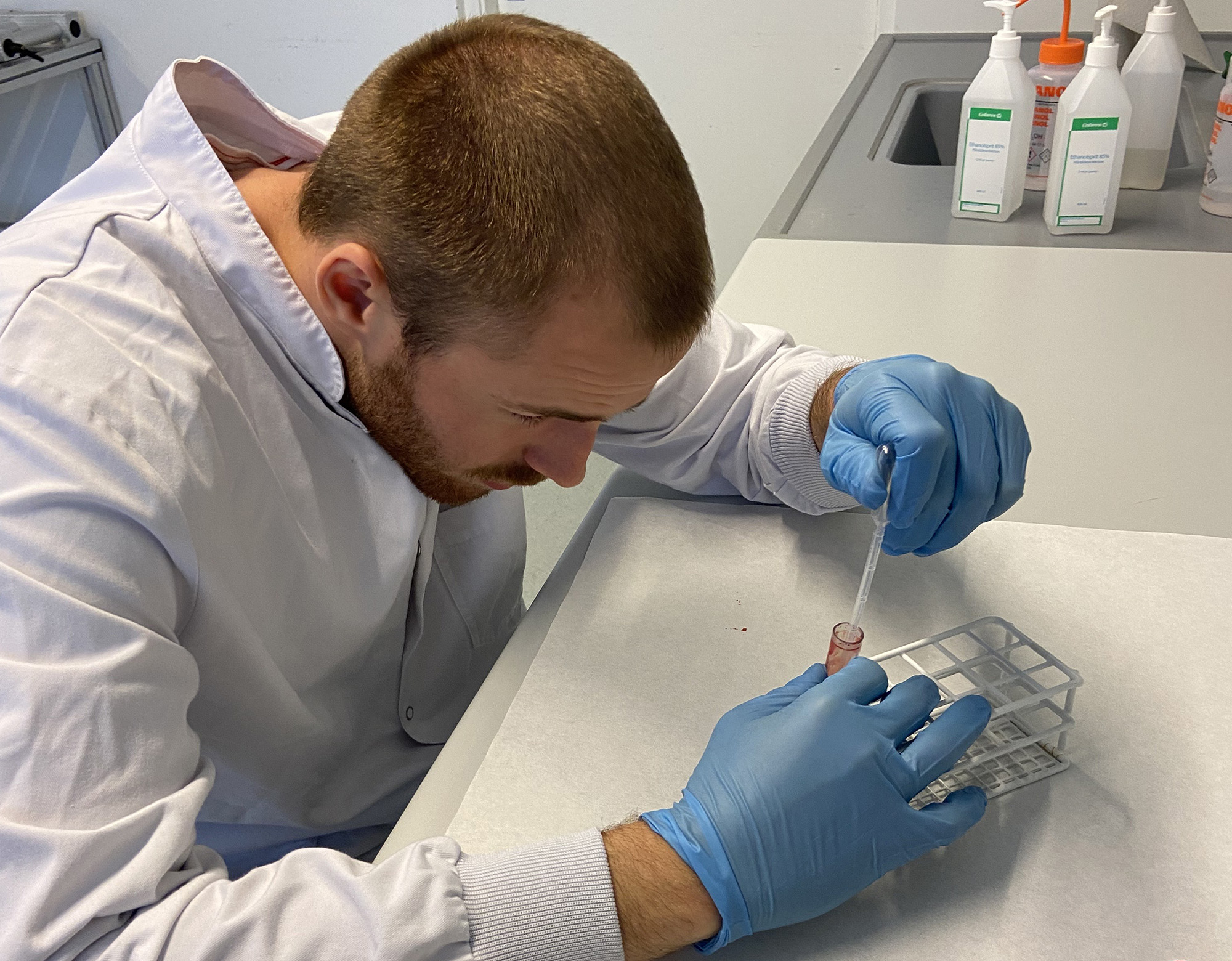

Milcobel and NoPalm Ingredients join forces to transform dairy byproducts into palm oil alternatives
Milcobel, Belgium’s largest dairy cooperative, has entered into a strategic partnership with Dutch biotech company NoPalm Ingredients to transform whey permeate, a byproduct of cheese production, into sustainable oils and fats. The agreement not only secures a feedstock supply for NoPalm’s forthcoming demonstration factory but also sets the stage for a potential large-scale production facility at Milcobel’s Langemark site.
Announced today (17 September), the partnership covers two key areas. First, Milcobel will provide a steady stream of whey permeate to NoPalm’s demonstration facility in the Netherlands, which is slated to begin operations in 2026. Second, the partners will conduct a feasibility study into co-locating NoPalm’s first full commercial production unit at the Langemark site, targeting 2028 for operations.
For Milcobel, the deal marks another step in its longstanding strategy to derive higher-value ingredients from dairy side streams. Francis Relaes, Managing Director of Milcobel Premium Ingredients, said the move aligns with the cooperative’s mission to maximize returns for members. “More than 25 years ago, we made a strategic choice to focus on mozzarella. In 2022, our partnership with Arla Foods Ingredients to valorize whey protein retentate was a further reinforcement of our strategy and a significant step up in the valorization of our whey permeate sidestream,” he said. “This new collaboration with NoPalm Ingredients completes the loop: it brings the valorization of whey permeate higher up the value chain, turning it into sustainable, high-value oil ingredients for food and non-food. It not only strengthens our economic model but also reinforces our commitment to circularity principles and better impact for the planet.”
NoPalm Ingredients has developed a fermentation-based process that produces oils and fats chemically identical to palm and other tropical oils, without relying on palm-derived raw materials. Instead, the technology uses agro-industrial side streams such as whey permeate. The company says the method offers a circular, low-emission alternative to palm oil, which remains one of the world’s most widely used ingredients but is closely associated with deforestation and environmental harm.
The partners point to two years of industrial trials as evidence that the technology is ready to advance. Testing confirmed that Milcobel’s whey permeate could be used reliably as a feedstock, with NoPalm’s process consistently delivering oils that met specification at industrial scale.
For NoPalm Ingredients, access to Milcobel’s whey permeate ensures security of supply for the next phase of scale-up. CEO Lars Langhout said the deal also highlights the benefits of a co-location strategy that places biomanufacturing facilities alongside established food production sites. “This partnership proves the strength of our co-location model: turning side streams into high-value ingredients where they are generated, reducing transport and sharing infrastructure,” he said. “Working with Milcobel shows how a biotech startup and a dairy leader can create true circularity with economic and environmental value on both sides.”
By building its factories next to producers of large-scale side streams, NoPalm Ingredients aims to cut both waste and emissions, while extending the lifespan and utility of existing infrastructure. Locating production close to source also reduces logistics costs and complexity, a key factor in scaling new ingredients.
Palm oil remains one of the world’s most in-demand commodities, appearing in products ranging from baked goods and spreads to cosmetics and detergents. While its versatility and cost-efficiency have driven adoption, supply chains have long been tied to deforestation and biodiversity loss in tropical regions. Regulators and consumer brands are increasingly pressing for alternatives that match palm oil’s functional properties without its environmental footprint.
For Milcobel, the collaboration with NoPalm represents a way to diversify revenue streams and reinforce sustainability credentials. The cooperative has already invested in partnerships to make better use of dairy byproducts, with the Arla Foods Ingredients deal focused on whey protein retentate. Valorizing whey permeate into high-value oils represents the next step up the chain, building resilience into both the cooperative’s business model and its environmental impact strategy.
The demonstration plant planned for 2026 will serve as a crucial stepping stone, scaling the technology and validating the economics before committing to a commercial-scale unit. If the Langemark facility is built by 2028 as targeted, it would mark one of the first large-scale European sites producing palm oil alternatives directly from dairy side streams.
Both companies describe the agreement as an example of how biotech and traditional food production can align to deliver circular, sustainable solutions. With pressure mounting on global food systems to reduce emissions, land use, and waste, partnerships of this kind are likely to attract growing interest.
As Relaes put it, the deal represents more than just a new revenue stream. It reflects a broader shift in how cooperatives and startups can collaborate to add value. “It brings the valorization of whey permeate higher up the value chain,” he said, “turning it into sustainable, high-value oil ingredients for food and non-food.”
If you have any questions or would like to get in touch with us, please email info@futureofproteinproduction.com






